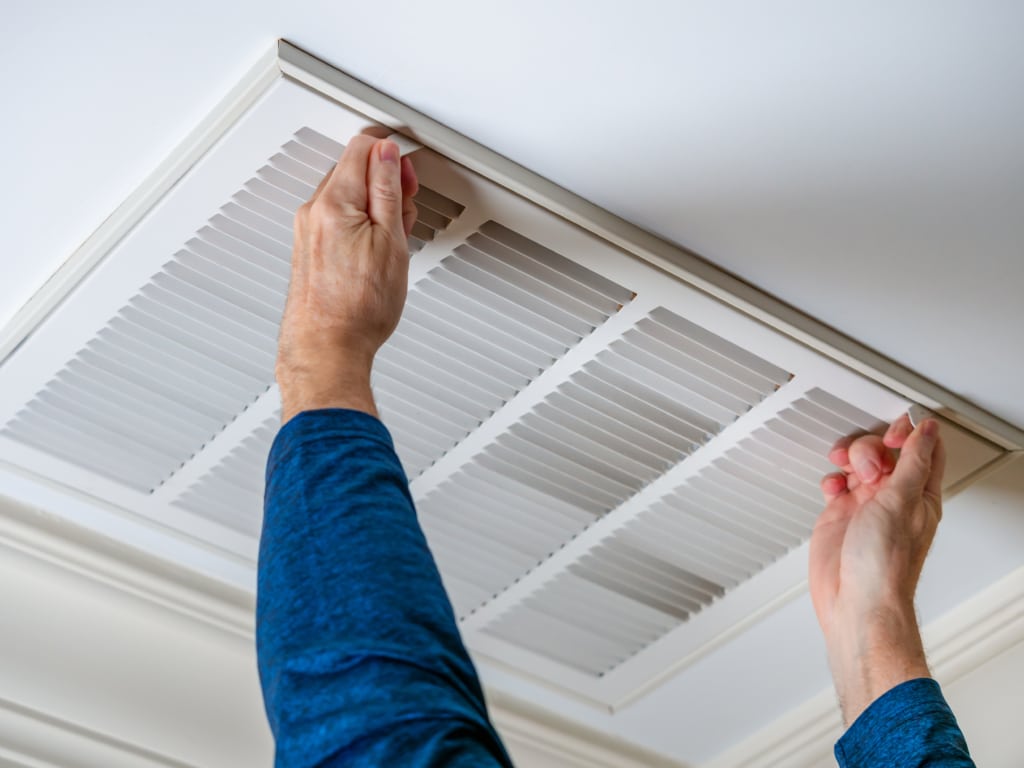
As a homeowner, it is best to establish a regular maintenance routine for your HVAC system. This will allow you to make sure your HVAC unit runs smoothly. When your HVAC system does not function optimally, it can impact your health, comfort level and finances. A rather unpleasant issue that can pop up with your HVAC unit is the growth of black mold on your air vents. This is a problem that needs to be addressed as soon as you discover it, as it comes with serious health risks to all that are exposed. Read further as we discuss what black mold is, how to remove it and the health risks that come with it.
Black Mold Defined
If you own a property in New Jersey, it is of the utmost importance that you educate yourself on black mold. You may have heard this term before, but to fully understand what black mold is, keep reading this article. Black mold grows on materials like paper, lint, dust, fiberboard, and gypsum board. In order for black mold to grow, there needs to be excessive moisture and humidity in the air. These conditions may be formed after water damage of some kind, water leaks, water infiltration, or flooding. So, because black mold can grow in excessive moisture, New Jersey homeowners should be on the lookout. Black mold can cause health issues, compromise the structural integrity of the home, and decrease property value. If you find that you do have the presence of black mold in your New Jersey home, it needs to be professionally removed. Plus, whatever caused the excessive moisture or water source needs to be addressed so that black mold does not grow back.
How to Locate Black Mold
You may be able to see black mold around your air ducts and drip pans. You may be able to clean away the visible mold, but this will not take care of the problem. The vents that run through your house will need to be cleaned, but to get the mold under control you will need to have it professionally removed.
Another sign of black mold is a distinctive musty smell that may be isolated to one room, or may permeate throughout the entire house. Either way, once the presence of black mold is detected, it needs to be removed entirely to protect your health and home.
How Black Mold Impacts Your Health
Most of the population will have a negative reaction to the presence of black mold. Vulnerable populations like children, the elderly, and those who have a weakened immune system will be affected the most. Black mold can make your allergies or asthma worse. Below is a list of symptoms to look out for if you have been exposed to black mold.
- Chronic cough and/or sneezing
- Frequent headaches
- Difficulty breathing
- Irritated eyes, throat or nose
- Nausea and vomiting
- Trouble concentrating
- Rashes
- fatigue
Honestly, these symptoms can be associated with a number of ailments, like a cold or a virus. But, if they persist for longer than a few days, it is worth it to look into black mold. Especially if you have already seen or smelled it in your home.



